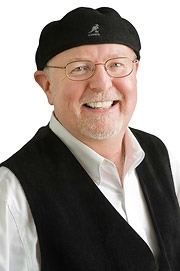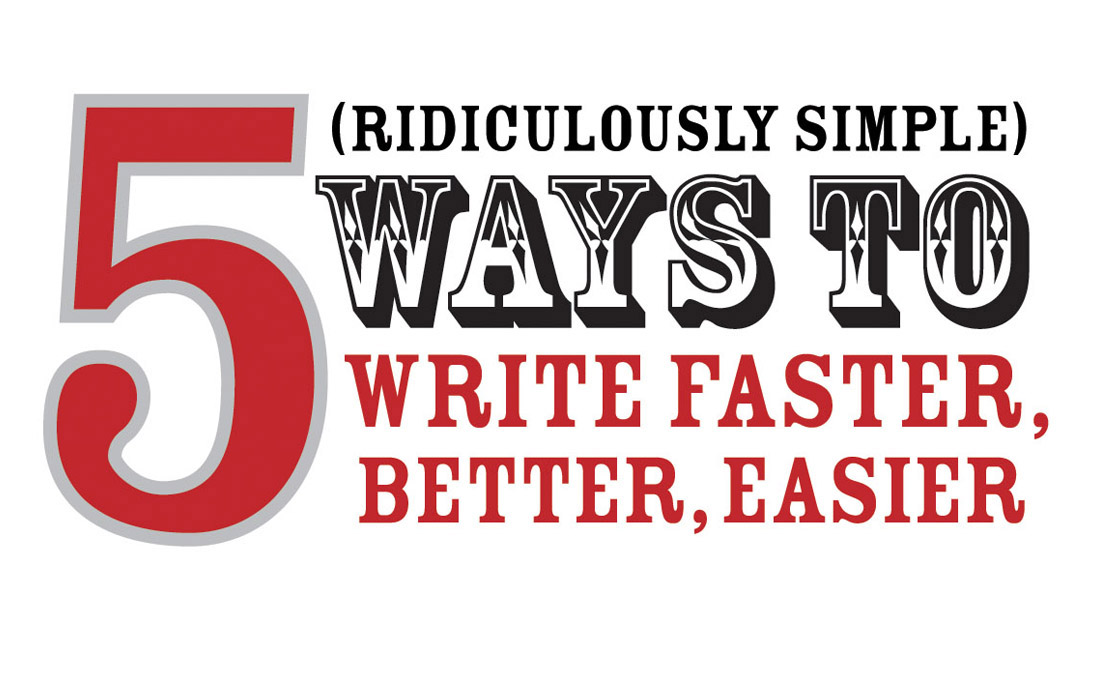For some corporate filmmakers, filmmaking isn’t a job.

Filmmaking isn’t about "me." It’s about creating something bigger than me; "we."
I’ve had these thoughts in me for years. Now it is out of my head and heart and into yours.
1. We believe in the power of story. An organization’s story is no less powerful than any other story if it is told authentically.
2. We believe your company/team/department/service has a remarkable story waiting to be discovered, captured, and shared.
3. We believe in the power of your story more than you can possibly imagine. Once our minds get a handle on what you want to accomplish, your story moves from our head to our heart; where the creating really begins.
4. We believe your video story can make a difference in someone’s life.
5. We believe having conversations at the beginning of a project gives us a chance to co-create a vision that is bigger and better than what either one of us could create by ourselves.
6. We believe emotions are the gateway to your brand. Delivering anything less than an emotionally engaging video story ultimately short-changes a film’s potential benefits.
7. We believe in “Magic Moments.” We’re always on the look-out for these moments because we know we are incapable of designing them ourselves. We believe they are nature’s gifts to each film and story.
8. We believe an audience can tell a perfect world from a real world.
9. We believe your employees are your storytelling heroes and we, as filmmakers, are stewards of your story. We take this responsibility seriously and with great honor.
10. We believe a story unfolds organically. Just by asking the right questions, the story reveals itself. A story is not discovered through force, arrogance or by being “right.” A story is discovered by being open with one another.
11. We believe our creative solutions are hidden and eventually discovered in the unknown. We are challenged and yes, sometimes scared, by this creative void. Ironically enough, every time we get this initial feeling, it inspires and motivates us to figure out a solution. And we always do.
12. We believe we don’t just make videos. We believe we’re storytellers.
There you have it. I hope it inspires you in some manner.
So how about you? Have you shared your “12 Things You Didn’t Know About …?”
---Tom
 12 Things You Never Knew About Corporate Filmmakers
12 Things You Never Knew About Corporate Filmmakers
 Monday, August 11, 2008 at 08:04PM
Monday, August 11, 2008 at 08:04PM 



